While some British customs are timeless and charming, others feel more than a little outdated. Let’s take a look at some of these bizarre etiquette practices that should have been left in the past.
Physical “Thank You” Notes

Sending a handwritten “thank you” note seems as ancient as using a quill thanks to smartphones, however, many Brits still feel the need to send a proper card by post rather than a quick text message. This practice is time-consuming and unnecessary, especially when a heartfelt message can be sent in seconds via WhatsApp or email.
Making a Cup of Tea Silently
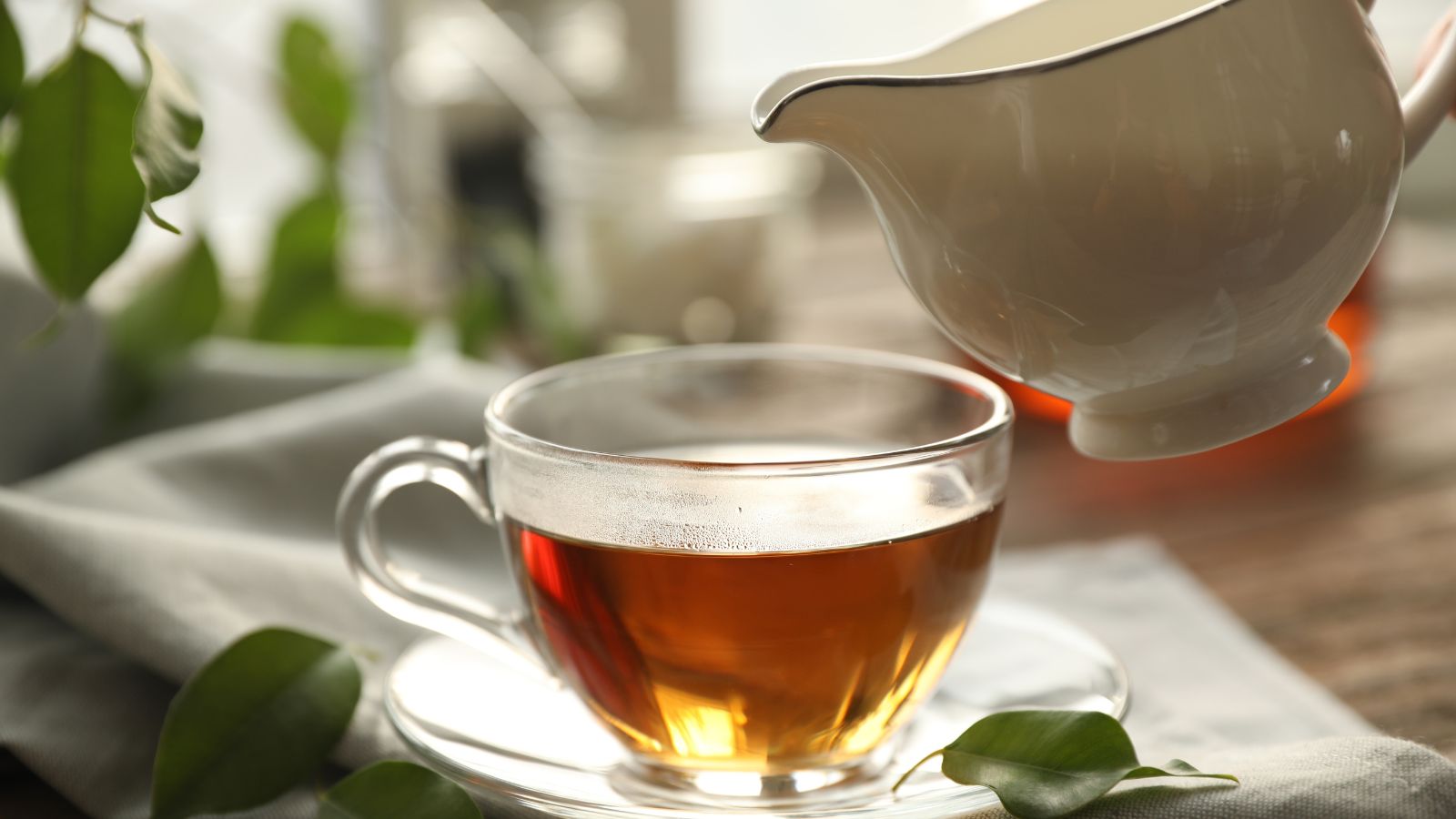
Tea is practically a religion in the UK, and with it comes a set of unwritten rules. One of the most puzzling is the insistence on keeping the teacup perfectly silent when stirring, and the spoon must not touch the sides of the cup, which is no small feat.
The Obsession with Queueing

Brits are famous for their love of queueing, but this reverence for lining up can be taken to the extreme, as even when there’s no need to wait, many will form an orderly queue, just in case. It doesn’t matter if there’s no one else around or if the wait is entirely self-imposed—queueing is treated like a sacred act.
Handwritten Invitations

Nowadays, thanks to digital calendars and event apps, the insistence on handwritten invitations for certain events seems over the top. Whether it’s a dinner party or a christening, some Brits still believe an event isn’t truly formal unless a card arrives in the post.
Excessive Politeness in Apologies

Brits are known for their politeness, but the habit of over-apologising has reached ridiculous levels. It’s common for people to say “sorry” for things that aren’t their fault, like when someone else bumps into them, and this rule of excessive politeness has become so ingrained that many apologise instinctively.
The Rule of the Pinky Finger

One of the most baffling etiquette rules is the idea that one must extend their pinky finger while drinking from a teacup; this practice harks back to a time when people believed it made them look more refined, but in reality, it’s simply awkward. Despite being an outdated custom, some British people still feel compelled to lift their pinky when sipping their tea.
Unwritten Codes of Gift Opening

In many cultures, gifts are opened as soon as they’re received, but in the UK, there’s an unspoken rule that gifts should be opened later, often when the giver is no longer present. This is meant to prevent any awkwardness if the recipient doesn’t like the gift, however, it can also feel impersonal.
Reluctance to Discuss Money

Talking about money is still seen as taboo in British culture, to the point where even close friends and family might avoid the topic. This reluctance to discuss finances can lead to unnecessary confusion and stress, especially in situations where transparency would be beneficial.
Formality of Addressing Invitations

When addressing invitations, some locals from the United Kingdom still follow the strict formalities of including titles like “Mr.” or “Mrs.” and ensuring every detail is just so. This formality is often seen in wedding invitations, where even the slightest deviation from tradition can cause a stir.
The Dreaded Double-Dipping
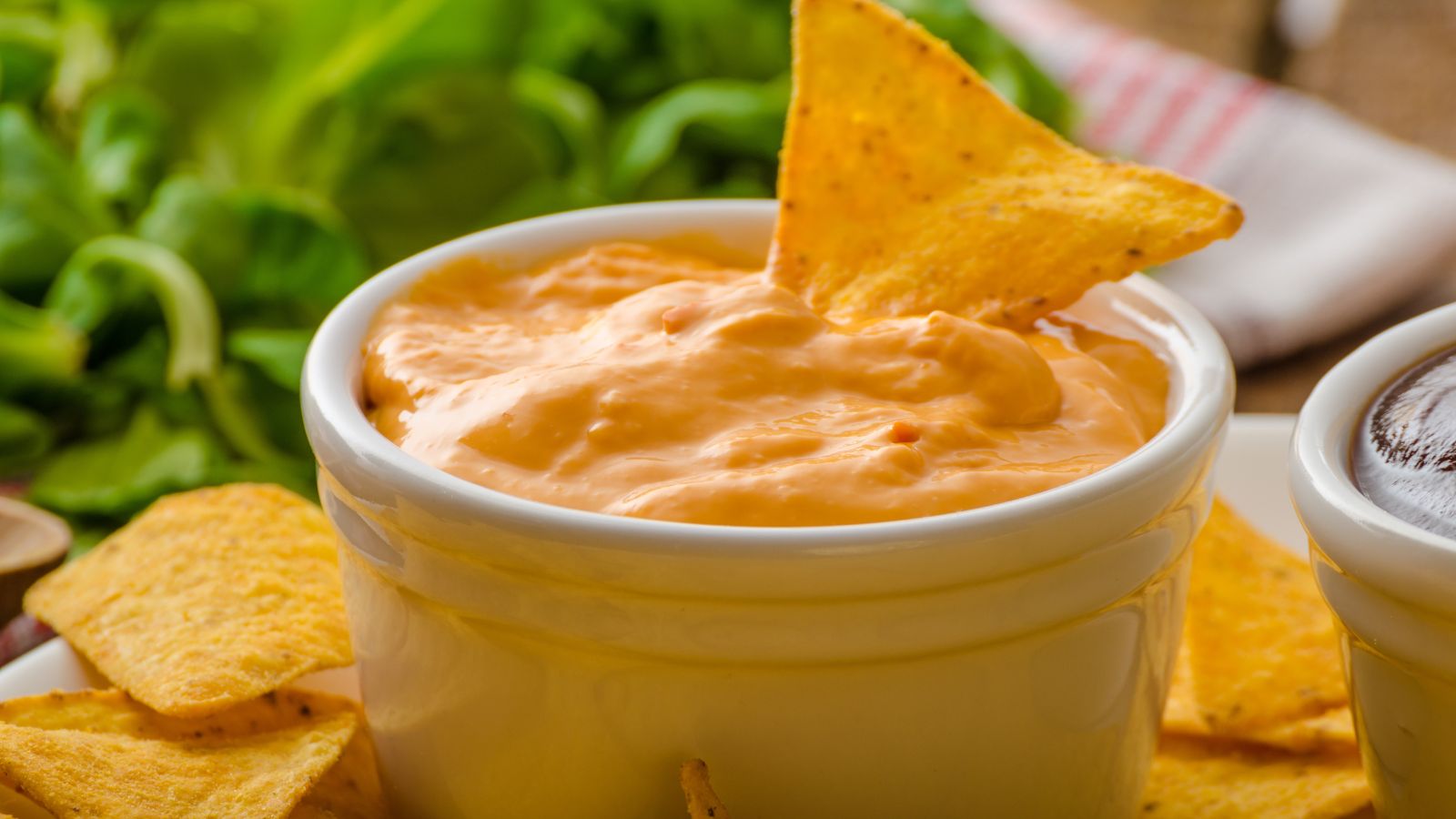
Double-dipping—a term for dipping a chip or raw vegetable into a sauce more than once—remains a big no-no in British social settings. While this might seem logical at large gatherings, the rule extends even to intimate settings where the guests are close friends or family, thanks to the fear of germs.
Strictly Formal Dress Codes

Certain social events come with dress codes that can feel excessively formal, and even when the occasion might allow for a more relaxed atmosphere, there’s often an unspoken pressure to adhere to traditional dress standards. This can lead to guests feeling uncomfortable or out of place if they don’t conform exactly to the expected attire.
Insistence on Separate Beds

Among older generations, there’s a curious tradition of married couples sleeping in separate beds. This practice stems from an old-fashioned belief in the importance of maintaining one’s personal space and modesty, and some Brits still see separate sleeping arrangements as a sign of propriety.
The Obligation to Send Thank You Cards for Gifts
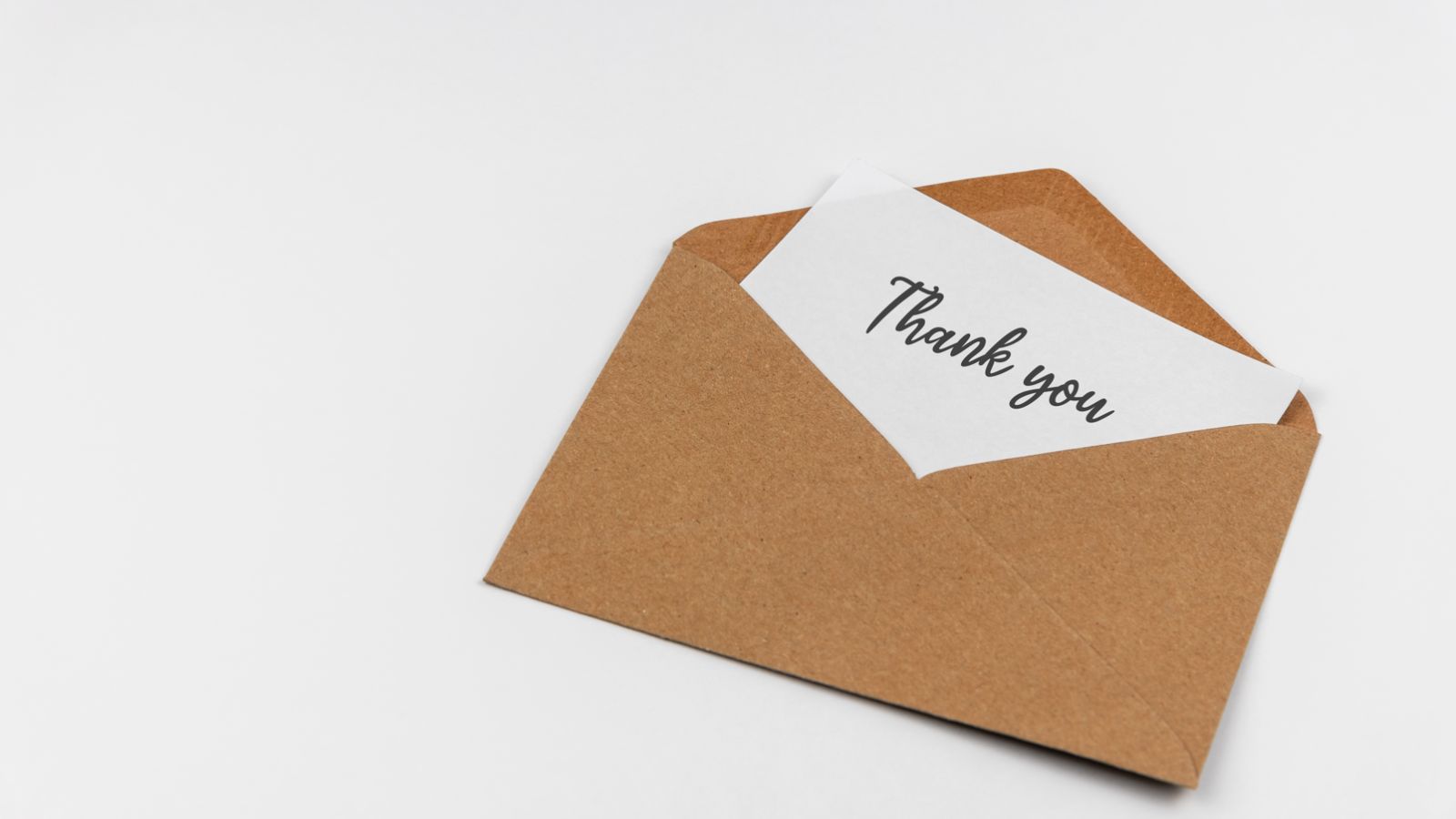
After receiving a gift, many people from the United Kingdom still feel obliged to send a thank you card, regardless of how close they are to the giver. This rule extends to situations where a verbal thank you or even a quick message would suffice, as the fear of appearing ungrateful keeps this outdated tradition alive.
Making the Perfect Toast
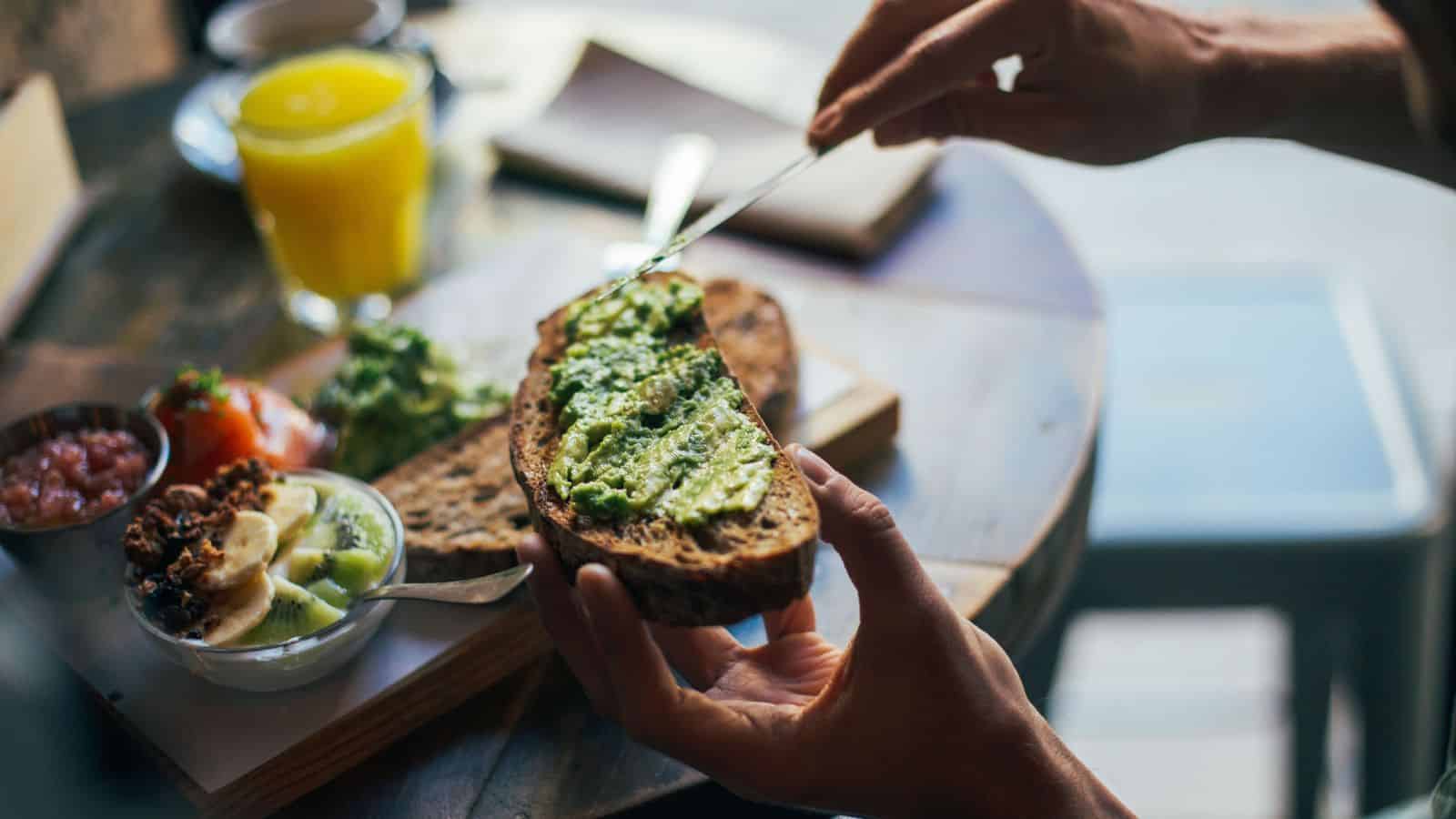
Making a toast at a British event is almost a performance, with an unspoken expectation that it will be witty, brief, and heartfelt. The pressure to deliver a perfect toast can be overwhelming, especially for those not naturally inclined to public speaking.
Over-Using Honorifics

In certain circles, there’s a rigid adherence to using honorifics like “Sir,” “Madam,” or “Dr.” in everyday conversation. While it’s meant to show respect, this practice often feels forced and outdated in a world where first-name basis interactions are the norm.
The Social Minefield of Splitting the Bill

When dining out, splitting the bill can become a delicate negotiation, particularly when everyone has ordered different items. The British tendency to avoid direct confrontation often leads to awkward exchanges and subtle hints, as no one wants to appear greedy or stingy.
Reluctance to Accept Compliments

Many Britons struggle to accept compliments graciously, often deflecting them with self-deprecating remarks, and this habit is rooted in a cultural aversion to appearing boastful. Rather than simply saying “thank you,” Brits often feel compelled to downplay their achievements.
Fussing Over Formal Thank You Speeches
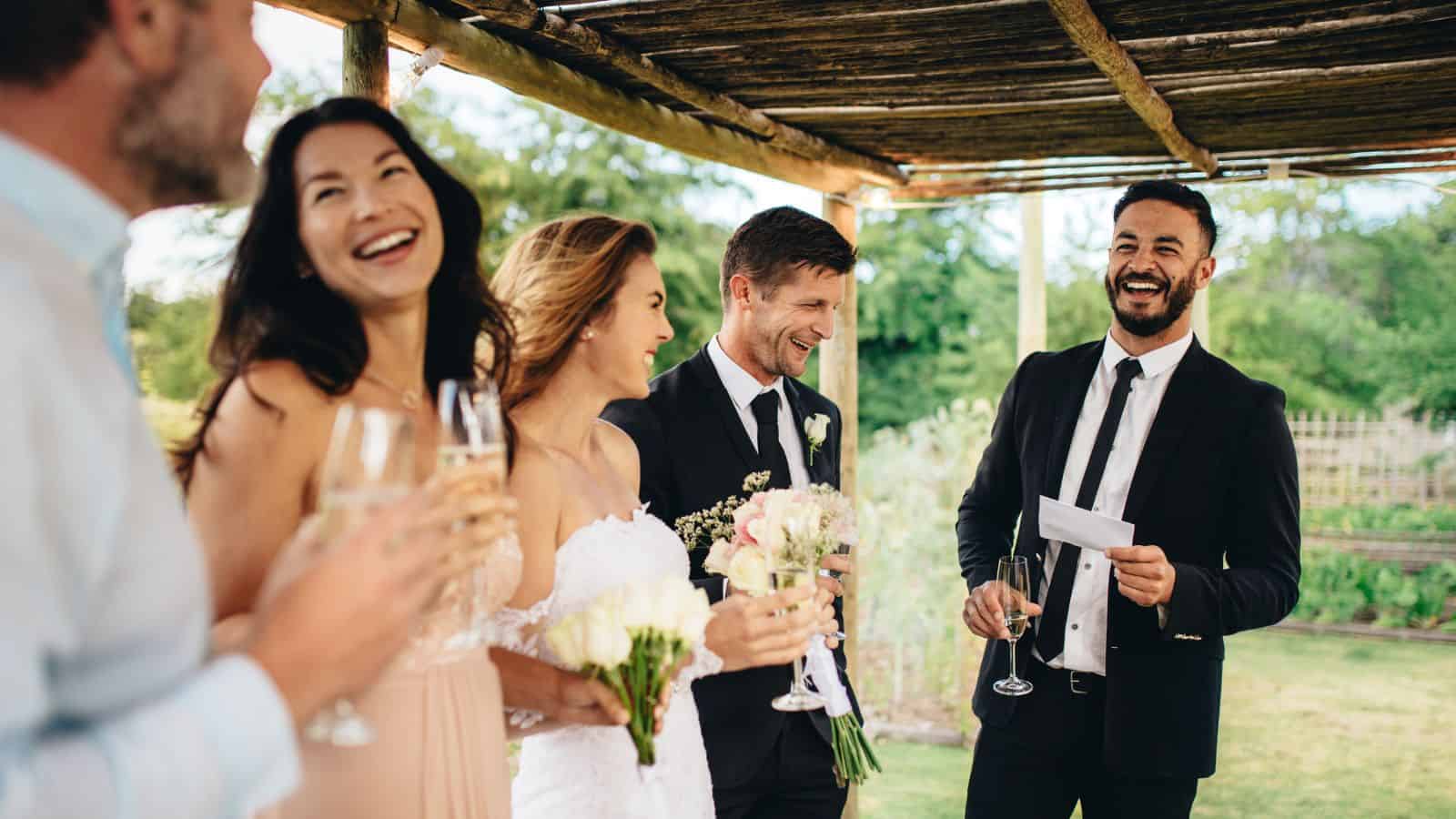
At British formal events and weddings, there’s often an expectation that the host or guest of honour will give a speech. Despite the anxiety it causes for the host, this etiquette rule persists, as it’s seen as an essential part of the celebration.







